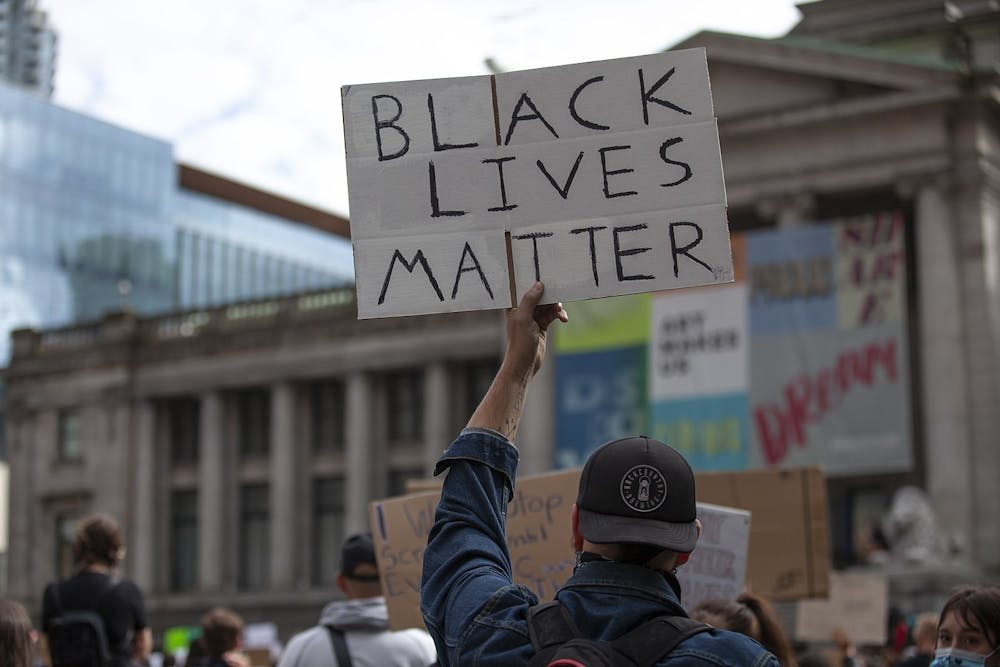“Few … bend history,” Robert Kennedy said in 1966, “but each of us can work to change a small portion of the events, and in the total of these acts will be written the history of this generation.”
Today, the acts of our generation remain unfinished, our larger history unwritten. Generation Z stands at the “cusp of adulthood,” facing a perilous future we have called for the right to shape and secure. Our efforts to “bend history” are growing, from the groundswell March for Our Lives protests in 2018 to the profound resurgence of the Black Lives Matter movement in 2020. These cries for change arose in no vacuum, but in the turmoil of our era — and what a formative era it has been.
Embroiled in partisan hackery and set against a backdrop of racial injustice, climate disaster, and an unchecked pandemic, the Trump era has forged the youth of today by fire. The past four years have proven a crucible, pushing young Americans into a political world that burns us with its injustice and leaves us with a searing understanding: our democracy is too fragile, our leaders too fallible, our politics too fractious. And if we hope to change it, we cannot afford to forget it.
“A generation is defined not solely by its birth years,” Niall Ferguson and Eyck Freymann write in The Atlantic, “but also by the principal historical experience its members shared in their youth.” In decades past, the principal experiences were similarly immense to those we face now. Corruption is not new, Watergate says. Climate disaster is not new, Katrina says. Recession is not new, 2008 says. God knows racial injustice is not new.
Yet our generation’s crises define us in their overlapping intensity. We are the generation that counted eight minutes and forty-six seconds. We breathed the ash of California. We witnessed unprecedented political corruption and attacks on our democracy from within. We emptied our dorms, scattered across the country, and stayed inside — all because our government failed to protect us.
The next administration will only begin to address these issues, and we cannot guarantee that future elected leaders will continue that work. With the possibility that the next pandemic will be far deadlier, climate change will continue to accelerate, and the next authoritarian sitting in the Oval Office will be more competent, our generation must make sure we are ready.
If it is true, as Kennedy said, that few of us “bend history” alone, then it is truer that “each of us” can do it together. We may all rest our hand on the arc of history, in concert with one another, as a generation. And when we push — with peaceful movements or record-breaking youth turnout in elections — we decide. We decide the leaders we need, the issues we elevate, and the future we pursue.
For many Princeton students, this year was the first presidential election in which they could vote. Organizations such as Vote100 drove efforts to increase our voting rate, and we must continue that work now and as we age. But voting is not the only determinant of a better future.

Years from now, most of our generation will have entered the workforce. Many of our classmates will be in positions of influence or even power. With the authority to enact change, there will be pressure not to. There will be easier paths to take, ones that will not endanger our jobs or ones that are lined with excess status or profit. Do not take them. When that day comes, we must not forget what we lived through today.
Remember such paths led our country to its present turmoil. Remember, as President Barack Obama said at his inauguration, that we may always “choose our better history.”
David Palomino is a junior in the politics department from Los Angeles, Calif. He can be reached at davidap@princeton.edu.









